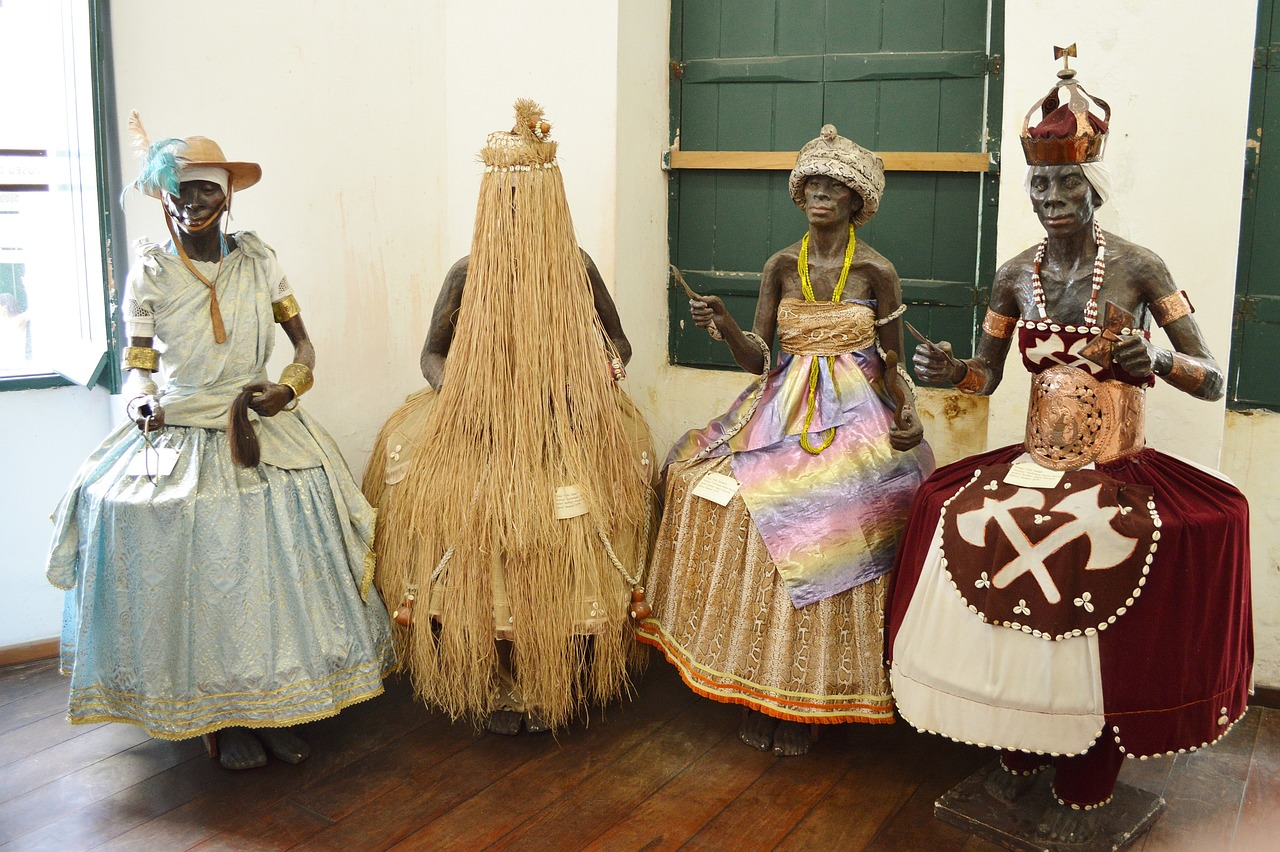Krishna is a highly revered figure in Hinduism and is considered an avatar (incarnation) of Lord Vishnu, who is considered the preserver and protector of the universe. While Krishna holds great spiritual significance and is revered for various reasons, it is important to note that he is not directly associated with money or material wealth in the traditional Hindu scriptures.
In Hindu mythology, Krishna is known for his teachings on life, spirituality, and devotion. He is considered the supreme teacher and philosopher, imparting wisdom through his conversations with Arjuna in the Bhagavad Gita, a sacred Hindu scripture. The Bhagavad Gita teaches important life lessons such as duty, righteousness, selflessness, and the path to spiritual liberation.
While Krishna's teachings encompass various aspects of life, including wealth and prosperity, they focus more on inner wealth, spiritual growth, and contentment. Krishna encourages his followers to perform their duties selflessly and with dedication, without being attached to the outcomes. The emphasis is on leading a balanced life, where material wealth is not the sole focus but rather an outcome of righteous actions and devotion.
In some devotional practices, people may seek the blessings of Krishna for prosperity and abundance, believing that by connecting with his divine energy, they can overcome financial obstacles and achieve success. However, it is important to understand that this is more of a cultural and personal interpretation rather than a direct association with Krishna's teachings.
Ultimately, Krishna's importance lies in his role as a spiritual guide, his teachings on righteousness and selflessness, and his embodiment of divine love and compassion. While wealth and richness may be a part of a person's life, Krishna's teachings encompass a broader understanding of prosperity, emphasizing spiritual growth, contentment, and the pursuit of a righteous and virtuous life.


















